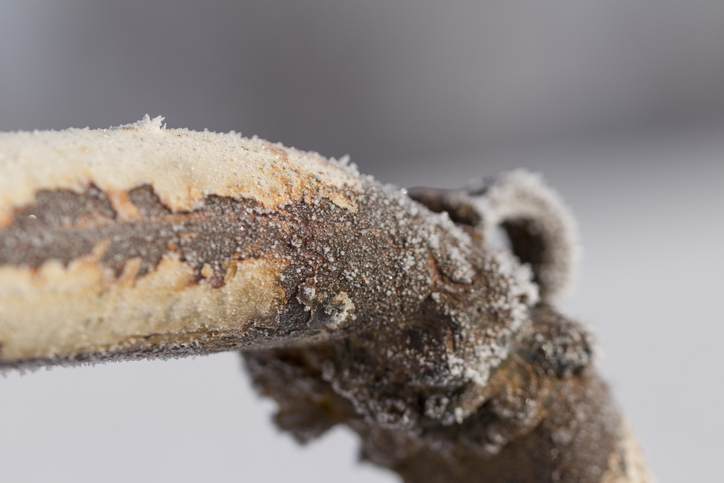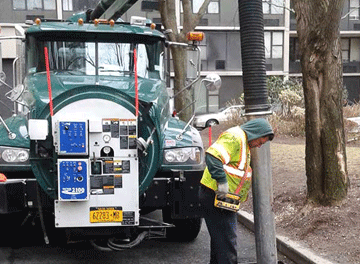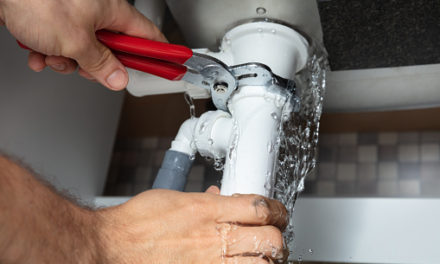Winter can be hard on everyone, including your sewer system. Now that winter is here in full force, it’s important to be aware of the ways winter weather can affect your sewer pipes, sump pump, and other elements of your sewer system. If you watch out for signs of winter damage to your sewer system, you will be able to catch problems before they become major issues. Check out some of these most common winter sewer problems so you are well prepared in case one of them plagues your pipes!
Frozen Sewer Vents
Sewer vents are an important part of your sewer system as they allow harmful gases to escape your home. Without these vents, noxious gases from your sewage would seep into your home and cause health problems for the people and animals who live there. During the winter, your sewer vent can freeze, causing a blockage for these gases and preventing them from escaping. This could be incredibly unhealthy for your family. If you notice that your toilet is slow to flush, this could be a sign of a frozen sewer vent and warrants an inspection. It’s always good to make sure your sewer vents are insulated before the winter starts so that you can prevent them from freezing.
Sewage Odor
A sewage odor is particularly unpleasant and usually indicates something is wrong with your sewer system. When it’s cold out, air flows downward and enhances that sewage stench. You can take it as a helpful sign–alerting you more acutely to your sewer problem. Likely, in the winter, a sewage smell indicated a frozen sewer pipe or septic tank. If you smell that nasty sewage odor, it’s a sure sign it’s time to get an expert involved.
Refreezing
A significant problem during the winter is the refreezing of melting snow. After a snowstorm, snow covers the area around your sewer pipes. The snow itself might not cause a problem, but as the snow melts, the cold water may seep into the pipes and then may refreeze if temperatures drop. This leads to frozen pipes which can crack and even burst. It’s important to make sure your sewer pipes are insulated so they are much less susceptible to freezing. Signs of a frozen pipe include slowly-draining sinks or showers. If you suspect you have a frozen pipe, you can take a hair-dryer to the area to try and warm it up. This may help, but it’s always best to call in a professional who can make sure no damage has been done to the pipe.
Frozen Septic Tank
If you have a septic tank, it or the pipes connected to it can freeze, making it difficult or impossible for bacteria to break down the sewage inside. This can lead to an overloaded septic tank, which can cause all sorts of problems. The best way to prevent a frozen septic tank is to insulate it before the winter.
If you notice any strange sewage smells or poorly draining drains, you likely have a problem somewhere in your sewer system. The wintertime in particular is a time when your sewer system may need extra care and protection. At A&L Cesspool, our experts are here to help you with preventative maintenance on your sewer system, as well as to diagnose and treat any sewer problems that arise. If you notice an issue, it is important to seek help right away before it gets worse. With the proper care, your sewer system will remain healthy and working throughout the entire winter.









